I’m writing this as graduation looms and I prepare to leave education and enter full-time employment, so it’s only natural that this article would address themes more mature and adult than any I’ve handled before.
Namely, the Powerpuff Girls.
Yes. Really.
If you’re university age, it’ll probably have been a while since you watched the show, but I’ll wager you remember at least two things. One is that iconic opening theme song which introduces the three miniature crime-fighters, and the other is the enigmatic villain known simply as Him. Modelled none-too-subtly on Satan, Him is one of the most compelling characters in the history of children’s television, striking fear into the Powerpuff Girls, their rouges gallery, and even the show’s narrator.
He’s also a combination of more or less every homophobic and transphobic trope you could imagine, from his effeminate and sinister falsetto, his rouged cheeks and knee-high boots, his leering, predatory manner, to….well, the fact that they decided the best way of portraying pure evil on screen was to make Him gay.
However, LGBT+ fans of the show for the most part seem to treat Him with something like affection. From my (admittedly anecdotal) research, every queer former fan seems to react to Him in the same way—awareness that how he’s portrayed is problematic, but also acceptance that Him is…. well, major goals. This follows a long tradition of queer re-appropriation of gay-coded villains, including Ursula the Sea Witch and Scar the Lion. But there’s something deeper at play here. Even though I know part of the reason for his existence is to mock and vilify people like me, I keep re-watching episodes of the Power Puff Girls with Him in them, and I’ve never stopped enjoying them. And it’s not just me—when the Power Puff Girls was rebooted in 2016, they updated much of the shows more dated aspects for a more woke take on the denizens of Townsville but kept Him largely the same. Even more surprisingly, there was little to no backlash against how Him was portrayed. Why is this?
Well, because Him is more or less the perfect villain for a show like PPG and understanding why helps us understand ourselves.
To explain why Him is so compelling, we need to look at the heroes he is defined against. The Powerpuff Girls are defined by their innocence and purity. Every episode starts with a voiceover reminding us that they are a product of an experiment to create “the perfect little girls” out of “sugar, spice, and all things nice.” They seem to have no close relationships to anyone other than their bachelor father/creator, the painfully earnest Professor Utonium, and while they face countless death-defying escapades, they remain as cutesy and naïve as ever. I’m a firm believer that every superhero is ideological, and the Powerpuff Girls’ ideology is one of safety, of conformity, of eternal innocence.
Compare that to Him. Actually, compare that to this particular scene which shows Him in all his glory.
Note how the bathwater turns red in a clear reference to menstruation just as his voice breaks into manly snarling. His leg goes from a feminine curve to being thrust upwards in a phallic image so clear I’m surprised they allowed it on a kids’ show. In just over sixty seconds, we get references to periods, erections, gender-bending, and masturbation. These are all the things we thought were weird and icky when we were young enough to be the show’s target audience, and all the things that cannot exist within the Powerpuff Girls’ ideology of eternal childhood.
Now, thematic clashes are all well and good, but why is it important?
To answer that question, I direct you to one of the most iconic Him episodes, “Speed Demon.” In the episode, the girls are thrown forward 50 years when they hit supersonic speeds while racing each other. When they arrive in the future they find that Him has taken over Townsville in their absence, killing the mayor and enslaving the population. (Or, as Him puts it in a hilarious combination of villainous flamboyance and children’s cartoon censorship “While you were away, everything has gone…to…HECK!”)
The girls react as any superhero does by beating the shit out of Him. But he doesn’t care. In fact, his sinister smile never slips. When Blossom tells Him he can’t beat them, he shoots back: “Beat you? I’ve already WON!” Him then shapeshifts into his monstrous but equally effeminate true form. The girls, in a moment whose symbolism I shouldn’t have to explain, escape by fleeing back in time, and promise never to leave Townsville again so the dark future they saw can never come to pass. The episode ends on an upbeat note, but Him has not been defeated either physically or morally, and the girls have been pushed into a position of eternal servitude, unable to grow up, to change, to move on. The ideology of eternal childhood has been shown up for the reactionary force it is.
And why is that relevant? Because queerphobia is nothing if not fear of adulthood. Fear of what is different, of people and ideas that don’t fit the boxes we were metaphorically given as children. In “Speed Demon”, the Powerpuff Girls stop being noble defenders of good, instead turning into the people who freak out about same sex marriage, the people who see conspiratorial agendas every time a queer relationship is portrayed on screen, the kid at my high school who called me a faggot because I liked reading and lost a £20 bet because he couldn’t hold hands with and make eye contact with a male friend for 5 seconds (Yes, that actually happened).
And that’s why I love Him. Because he’s not afraid of the future. Because he’s not afraid of what will happen if he steps outside of his box. Because he represents every one of us who refuses to conform. And that can be difficult. The world can, and does make not fitting in a fight. But as Him would say, it’s a fight that, because we see the world as it really is and not how tradition commands us to, we’ve already won.
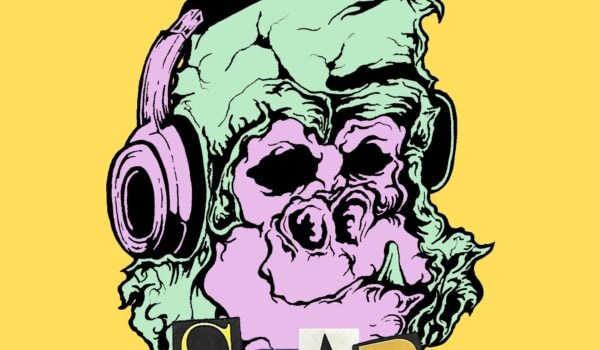


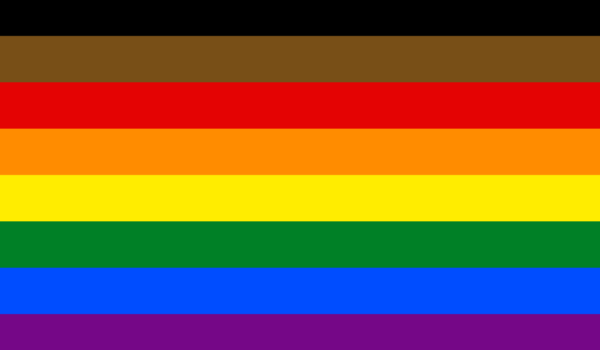

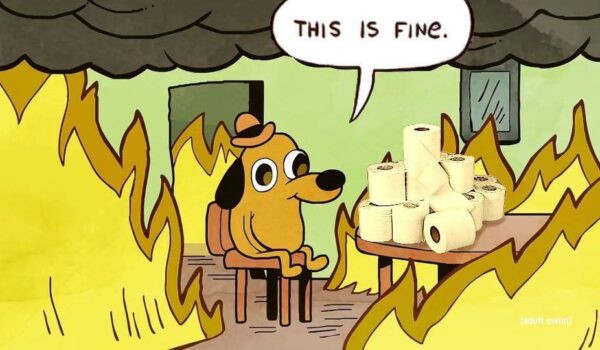

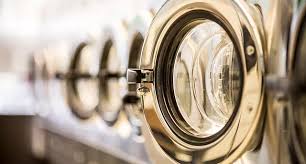
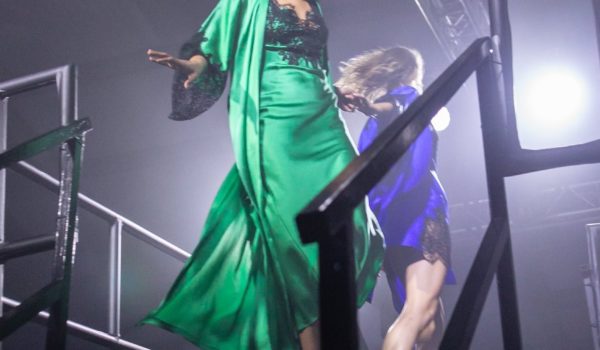
Red On 30/08/2019 at 15:45
Loved your analysis! Him was my favorite villain in the show when I was a child, and he still is despite (or maybe because of) his problematic elements. Interesting take on the bathtub scene; it was pretty clear what Him’s leg was referencing lol. I never made the connection to menstruation, but I certainly like that interpretation, even though I think the water turning red was supposed to be boiling lava as a result of Him’s anger rather than blood.